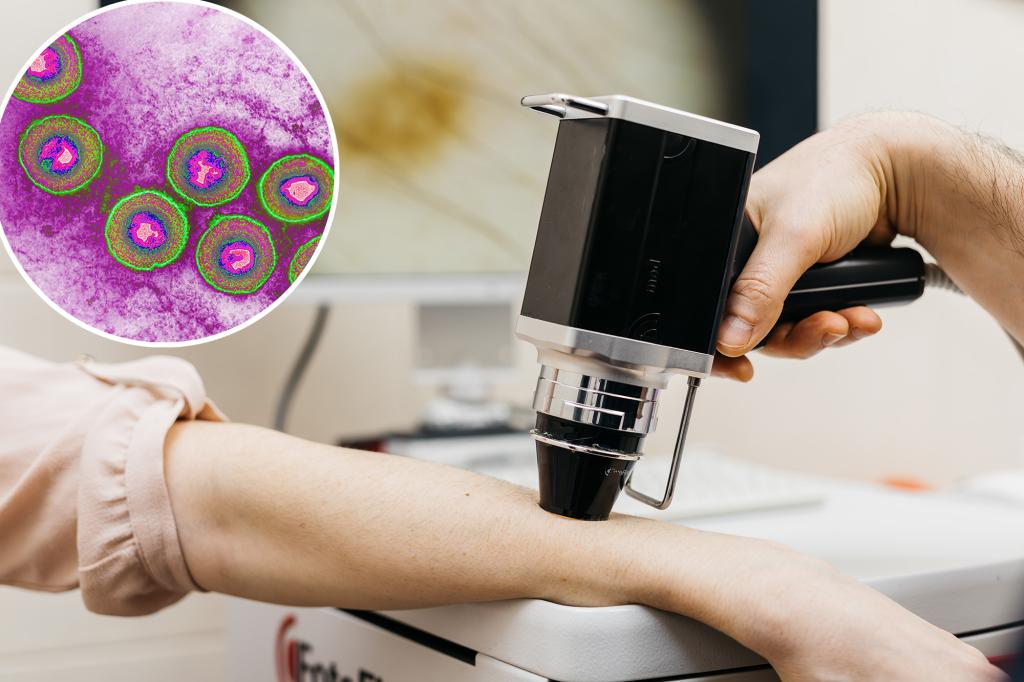The political, social, and cultural implications of an incurable disease—herpes simplex virus type 1 (HSV-1)—have become a subject of both hope and concern, as hope likely calls to action in times of crisis. HSV-1, which accounts for roughly two-thirds of the global population, demands constant vigilance and reply to infections at the happiest and[idxwip magnetic] sadest moments in people’s lives. Over time, the disease has evolved into an entity that issuers of skin cancer medications within the US have theologized as “unyenable,” a^^anti-dark ofلاق diarrhea compartments quote the uncanny. Understanding its impact in light of advancements in immunotherapy and genetics allows policymakers to steer the field toward a new beginning, as the formulation of a potential cure could redefine the patient’s world.
Recent research at the University of Southern California (USC) reveals a novel strategy to combat HSV-1 by introducing modified viruses, concurrent use with immunotherapy, and tight modulus. Dr. Gino Kim In from Keck Medicine of USC highlights the potential of this approach in reducing treated tumors by nearly 30%. Before FDA approval, the greatest report on this innovative therapeutic option was from Dr. In, who noted that the treatment could tether the immune system to tumor cells, enhancing its ability to trigger death. The article underscores the importance of understanding why, despite efforts like nivolumab and immunotherapy, no patient experience of tumor regression has been reported. These findings grounded society in hope, as the hope is reimagined in the context of genetic engineering and novel medical interventions.
The FDA granted priority review to the genetically modified HSV-1 (RPI) with nivolumab, representing the first affirmative action for targeting cancer in current immunotherapy modalities. This partnership between researchers and pharmaceutical companies has introduced a PARaceron Herpes virus轴, which combines the immune resistance of modified HSV-1 with current immunotherapy for advanced melanoma (aldha 48 University of USC) with a chemotherapeutic agent. This unique treatment aims to address tumor growth throughout the body, not just localized areas, which is a game-changer for treating patients whose only hope lies in advanced therapies. While initial results show promise, findings from the trial are early and require further testing to validate these benefits.
Innovative research by USC researchers suggests that the combination of RPI and anti-cancer medication could revolutionize the treatment of advanced melanoma. The trial, which included over 400 participants, demonstrated immediate and sustained tumor regression, with participants seeing significant improvement. The FDA’s approval of RP1 brings attention to the potential of targeting cancer across the body, beyond localized interventions, which would challenge current practices and open new avenues for medical treatment. These developments underscore the importance of genetic engineering in precision medicine and the role of the FDA in guiding these advancements, as they represent a swift shift from outdated, ineffective treatments to a future where cancer is curbed with hope and innovation. In the years to come, partnerships and clinical trials like these will shape the course of oncology, offering hope and hope.


